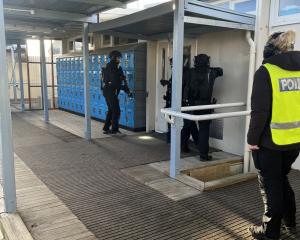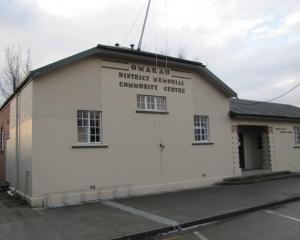Sustainable development and water issues should have a higher profile within New Zealand schools and tertiary institutions.
This was the view of the director of the Untouched World Foundation’s Waterwise Otago programme, which concluded in Bannockburn yesterday.
High school pupils from Dunedin and Central Otago, alongside tertiary students, have been mentored by lecturers, teachers and community educators over the past week on water resource matters.
"The process we’re trying to work through is to enhance their capabilities to be active participants in change," programme director Dr Barry Law said.
The course covered biodiversity matters such as eel transfers from the Clyde Dam, water consents, education and local initiatives and trusts.
Course participants engaged with various groups over the week, including community members, wineries, horticulturists, and Contact Energy and Otago Regional Council representatives.
"We’ve provided a wide range of experiential learning opportunities for them during the week, so they can connect the knowledge that they’ve got with the actual experience and understanding of what’s been going on," Dr Law said.
The course challenged education where there was a lack of knowledge around key water issues, he said.
"The real reality of what the problems are and the issues are associated with this ... these students don’t have that knowledge.
Dr Law queried whether key sustainability issues were being properly covered by the New Zealand education curriculum.
"I think some teachers do ... Should the Government mandate that? I’m not so sure.
"Do we need to have a higher profile of education for sustainable development in our education system? My answer to that is unequivocally yes.’’












